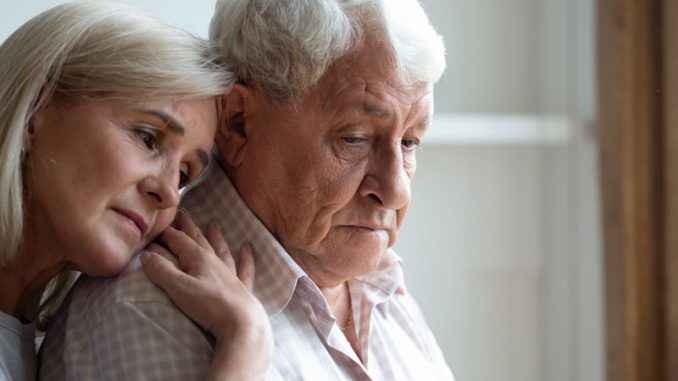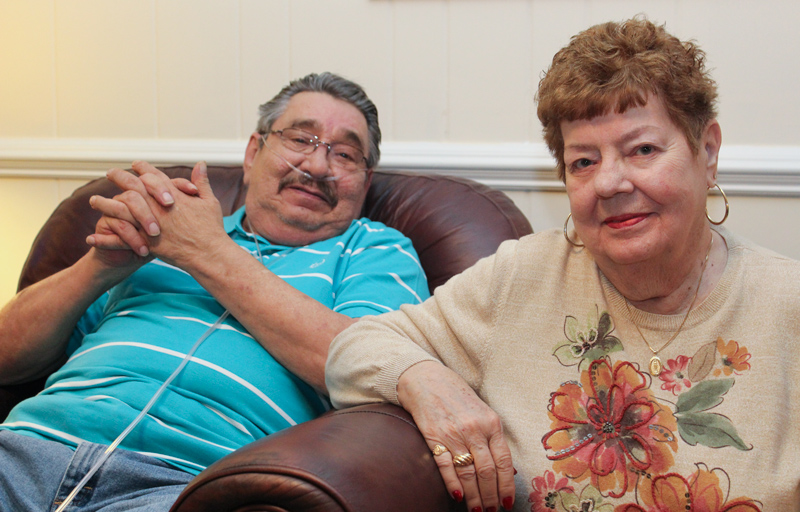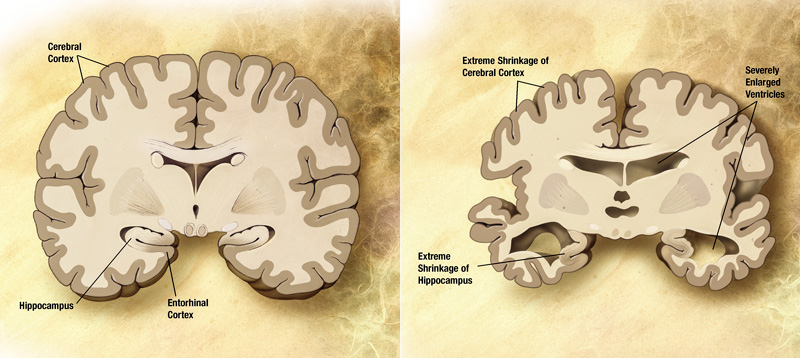
Carmen Carree, from Blythewood, is a full-time caregiver for her mother, who lives with her and has multiple sclerosis. It’s always a balancing act to keep her mom happy and healthy and also care for other family members, but this past summer added a new, frightening challenge.
Carree, her husband, mother and children who live with her all tested positive for COVID-19, even though they had been taking strict precautions since the pandemic was revealed in March.
Everyone recovered, but the illness added a new dimension to Carree’s already challenging life as a caregiver.
She is part of a growing community in the United States. About 43 million people have provided unpaid care to an adult or child in the last 12 months, with about 34.2 million caring for those 50 and older, according to recent statistics compiled by the National Association for Caregiving and the American Association of Retired Persons.
For many years, Bill Dodds has focused on this issue through the Friends of St. John the Caregiver, an international Catholic organization he started with his late wife Monica Dodds. The group offers practical and spiritual resources.
He said the pandemic has heightened the fears and frustrations caregivers deal with on a daily basis, as well as added new ones.
Isolation has become one of the biggest problems.
“Caregiving can be very lonely and now that’s worse,” Dodds said. “There’s no chatting with others after Sunday Mass or having friends or family just pop by to say hello. Caregivers are also afraid because their loved ones are more vulnerable to the virus.”
They face pressing new questions: Who will care for their loved one if they are exposed and have to quarantine or are hospitalized? And in a worst case scenario, who would take over the caregiving duties if they died?
Because of stress, Dodds said many caregivers also are neglecting their own physical and mental health.
Barbara Wren of North Charleston cares for her mother-in-law at home and said one of the biggest challenges during the pandemic has been finding ways to keep her active because their few outings were cut down when many places were closed. Wren also rarely gets a day off because it is challenging to find hired caregivers who can help with her mother-in-law’s medical needs, and the cost is also a factor.
“In-home caregivers aren’t affordable at about $23 an hour, so we only use them for special occasions,” she said.
Carree, who lives in Blythewood, also knows how hard it is to get a break. She had to work with three different companies to find a nurse who could help with home health care for her mom on a reasonable schedule. One nurse she met was caring for 15 patients in a single day. She said the only time she hasn’t been actively caring for her mom was a few weeks in the summer when her mom received treatment at a hospital’s inpatient facility that specializes in advanced wound care.
She advises caregivers to be aware that their duties are going to be harder until the pandemic is brought under control.
“You just have to be patient because you’re often not going to be able to get the help you need and you’re going to have to stay vigilant for your loved one,” she said.
Dodds offered some advice on how to help during the pandemic.
For caregivers:
* Be kind and patient with yourself.
* Be willing to ask for specific and safe help from family, friends, your parish and others.
* Consider looking into an online caregiver support group.
* If a safe volunteer comes to the house to offer you some respite, don’t fill up the time catching up on household chores or other duties. Instead, have your own quiet time.
Dodds asks caregivers to remember Jesus’ words to the Apostles: “Come away by yourselves to a deserted place and rest a while” (Mk 6:31). You are an “apostle of caregiving.” Rest. Find ways to keep up with your prayer life and remember “God is with you, right here, right now.”
To help caregivers in your family, neighborhood or parish:
* Ask what their specific needs are and follow through with help. If a caregiver says there is nothing you can do, make some suggestions.
* Keep in touch through safe channels — phone calls, emails, online chat. A handwritten letter or card can be a special sign of your concern.
* Pray for them and let them know you are doing so — this can be a great comfort.
Learn more about caregiving and how to help at www.catholiccaregivers.com and www.youragingparent.com. The Friends of St. John the Caregiver also offer spiritual resources at www.fsjc.org.



